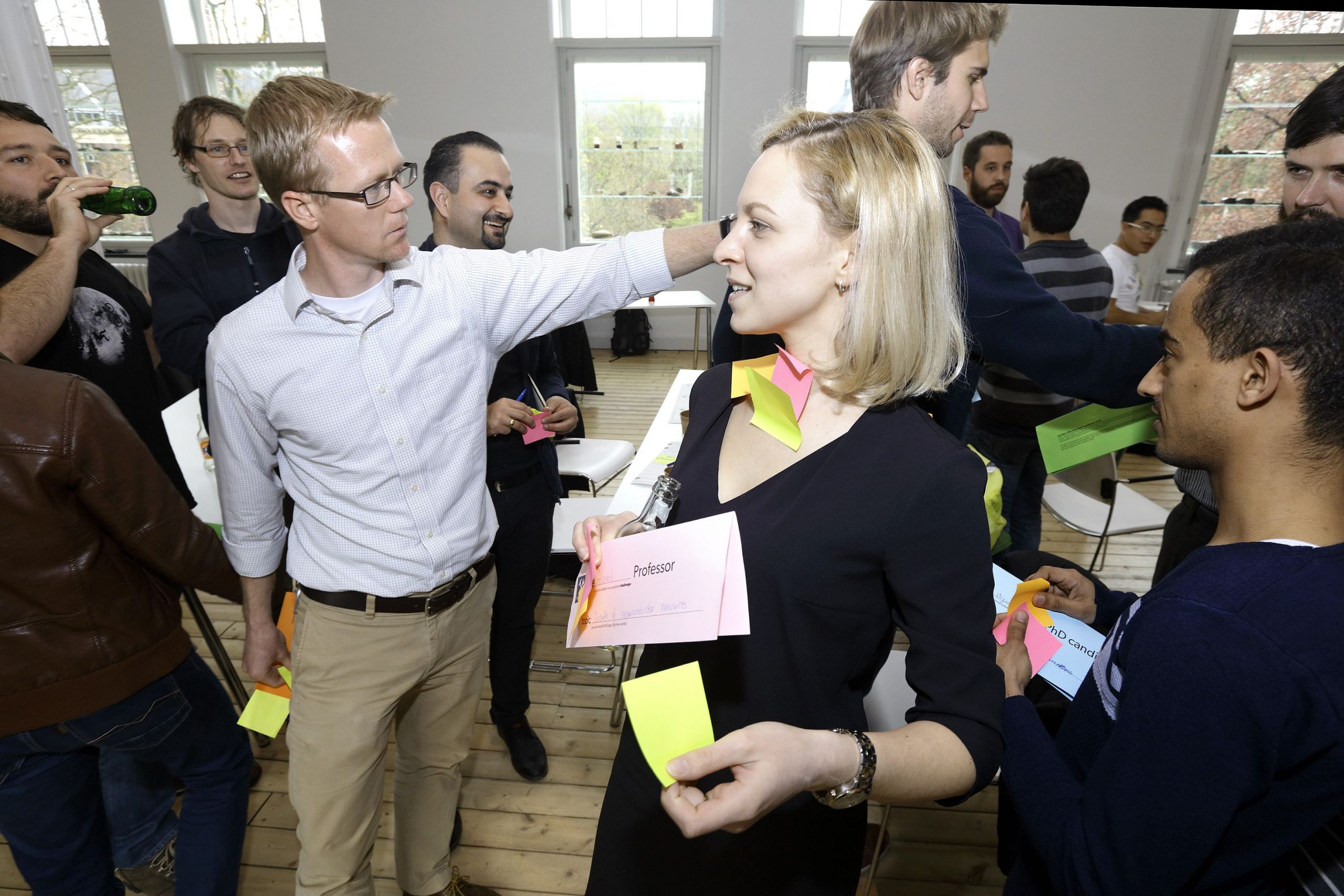The TU Delft Graduate School (GS) celebrated its fourth anniversary earlier this year. Delta takes a look back at the foundation of the programme, what it has accomplished so far and where they hope to be in the future.
The intent of the GS programme, according to their website, is to prepare and train doctoral candidates “to become highly qualified, autonomous and leading researchers and skilled professionals”. Prior to the GS, the PhD process was left to individual groups within
faculties which was an old model. “A lot of people started with a PhD and never finished. Some took too long and encountered problems during the process,” said Stella van der Meulen, senior advisor for the GS. “We were thinking about ways to improve and the Graduate School was a very practical solution.”
According to Van der Meulen, there were three goals that guided the establishment of the GS: transparency, quality and efficiency. The programme provides an overview of the framework and regulations related to obtaining a PhD at TU Delft. This more structured approach aims to ensure expectations on how things should be done are clear on both sides from the beginning of the PhD.
The GS programme includes some concrete steps that are aimed at maintaining the quality of the degree and improving the pass rate. The Doctoral Education Skills Training Programme offers a series of classes to help candidates improve research skills, discipline-related skills and transferable skills. The Doctoral Monitoring Application is a web-based system for regular monitoring of agreements made between candidates and supervisors. And the PhD Development Cycle is a mandatory plan that defines the expectations for progress during the entire PhD process.
To some, the requirements may seem overwhelming or even unnecessary. “In the first year when they say you need 45 credits it seems like a lot, but later you realise it’s a lot more useful than you thought,” said Adithya Thota Radhakrishnan. As a second year PhD candidate and chair of Promood, the organisation that represents the interests of PhDs at TU Delft, Thota has first-hand knowledge of the process. He believes the GS courses help to fill gaps in the PhD process and also help candidates to meet lots of people.
As for the performance of the GS so far, Van der Meulen said it’s early to say, but the time to promote candidates appears to be decreasing. They also see indications that the number of people finishing will increase over time. “We’ve come a long way, but still have room for improvement,” said Van der Meulen. “If we look back five or 10 years, we have more of a community now. It’s a big university with different kinds of cultures within the faculties. At the central level we are trying to do something that is good quality for all of the parties involved. Ultimately we want to help people be good autonomous researchers who are good at communicating what they do.”
In an environment where people come from all over the world with different backgrounds, Van der Meulen noted that it’s necessary, but also a challenge to offer a structure that is useful to everyone without constraining them. “The challenge is to see how we can help people finish is four years while maintaining the quality of the work and remain competitive with other
universities.”



Comments are closed.